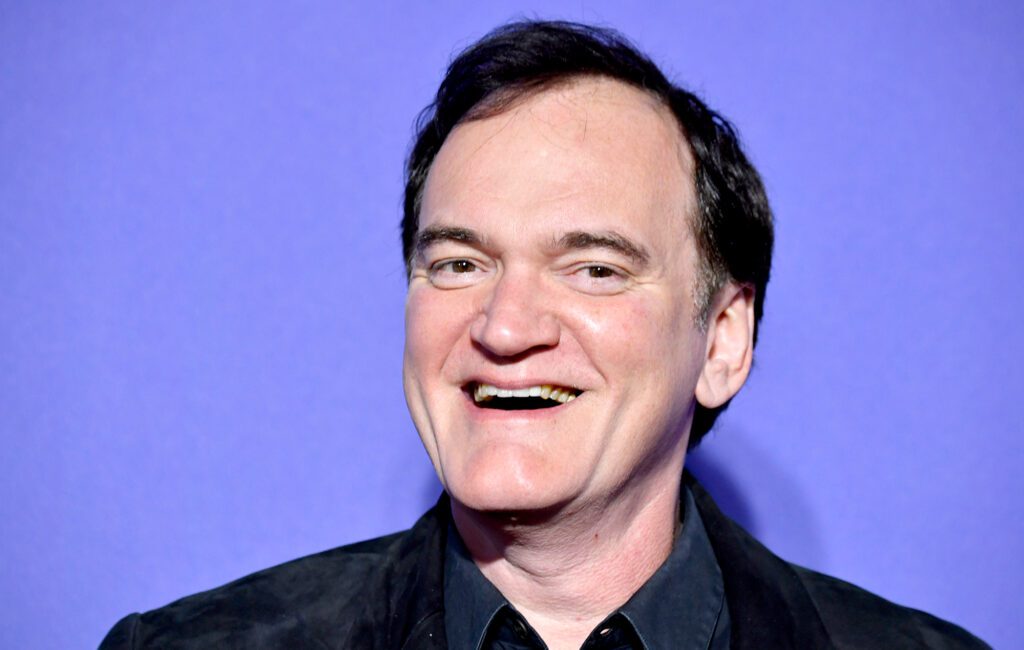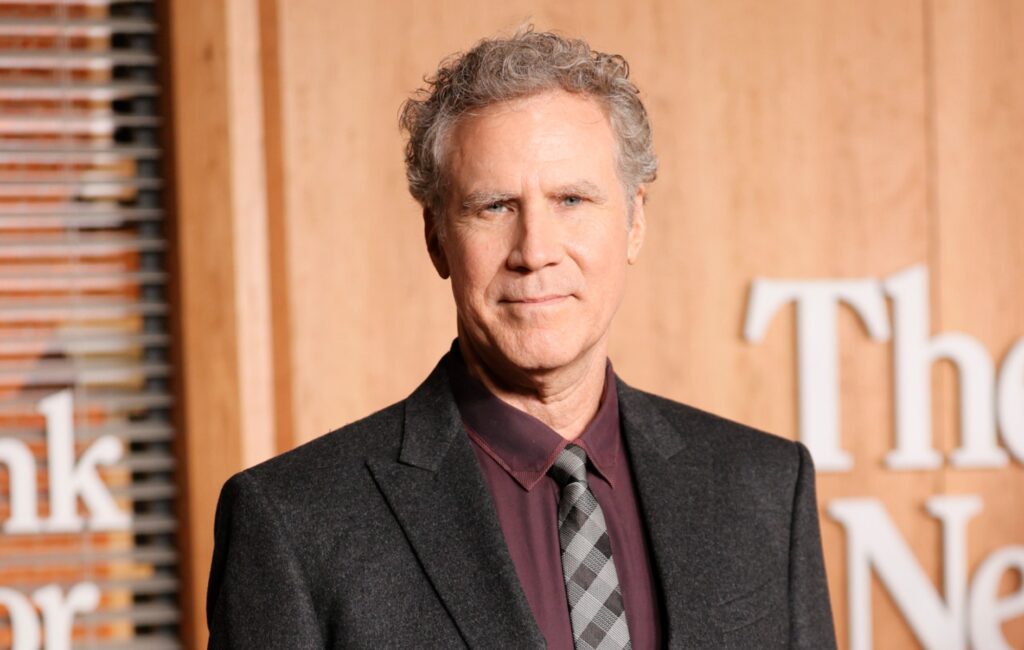Marvel “strongly denounce” controversial ‘Don’t Say Gay’ bill
 Posted On
Posted On
Marvel Studios have added their voice to the debate surrounding the ‘Don’t Say Gay’ bill in the US, saying the company “strongly denounces” any legislation that affects the rights of the LGBTQ+ community.
- READ MORE: “Queer culture is internet culture now”: how the LGBTQ+ scene is making the best of lockdown
The Republican-led bill, formally known as Parental Rights in Education, bans discussions of sexual orientation and gender identity from kindergarten to third grade classes (aged 8-9). It argued that conversations around identity should be handled by parents, not schools.
A statement shared by Marvel Studios on social media read: “We strongly denounce any and ALL legislation that infringes on the basic human rights of the LGBTQIA+ community. Marvel Studios stands for hope, inclusivity and strength; and we proudly stand with the community.
“Today, we pledge to continue our strong commitment as allies who promote the values of equality, acceptance and respect.”
pic.twitter.com/hZHGc10Bzh
— Marvel Studios (@MarvelStudios) March 15, 2022
The news comes after Disney CEO Bob Chapek apologised to employees last week (March 11) for his silence over the bill.
Chapek had previously sent out an email to staff, claiming “corporate statements do very little to change outcomes or minds.”
“Simply put, they can be counterproductive and undermine more effective ways to achieve change,” he added, according to Deadline.
LGBTQIA+ employees at the Disney-owned studio Pixar then sent a letter to the parent company, accusing them of stepping back from public debate around “bigoted legislation” while continuing to profit from the LGBT community.
In Chapek’s apology statement on social media, he wrote: “It is clear that this is not just an issue about a bill in Florida, but instead yet another challenge to basic human rights. You needed me to be a stronger ally in the fight for equal rights and I let you down. I am sorry.”
The White House has also called the legislation “hateful” and something which targets “vulnerable students”.


